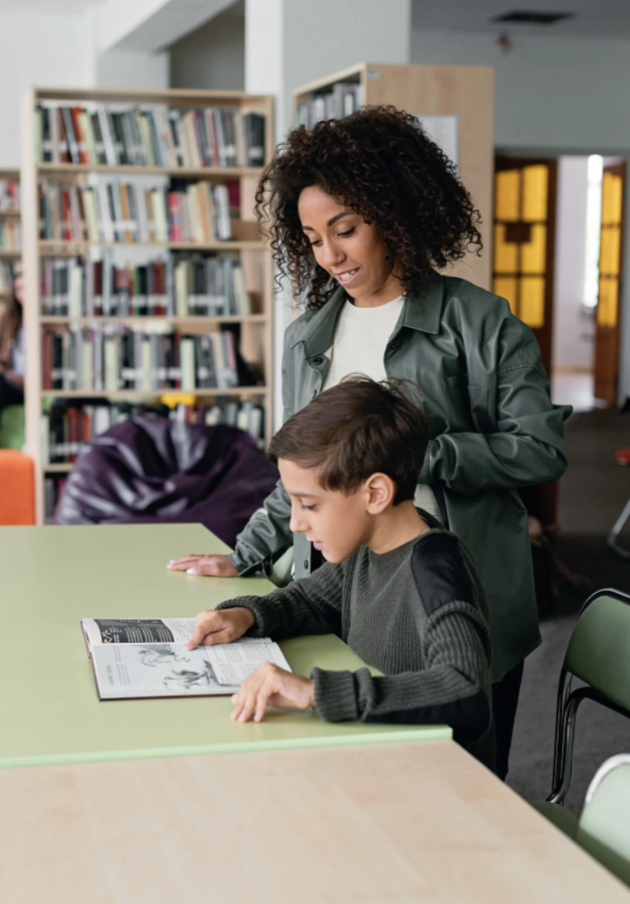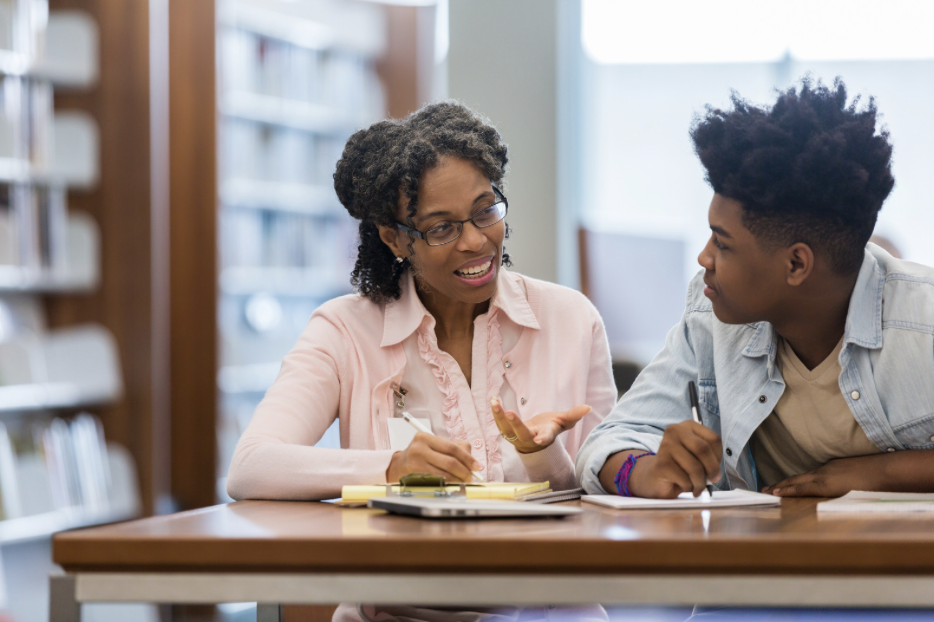5 Tips to Ensure Paraeducators Feel Valued, Respected as Experts, and Connected
In today’s inclusive classrooms, educators play a vital role in ensuring equal opportunities for students with disabilities.
However, often unsung heroes in this process are the paraeducators who work tirelessly behind the scenes to support these students. These professionals often play a critical role in supporting students, especially students with disabilities, and they deserve to have recognition, appropriate professional development, and support.
Paraeducators: The Unsung Heroes of the Classroom
The following five strategies support schools in ensuring that Paraeducators feel valued, respected like the experts they are, and connected to others.
1. Recognize the Importance of the Paraeducator Role:
Paraeducators are able to help remove barriers and ensure an appropriate education for students with disabilities. They offer individualized attention, assistance with assignments, specialized instruction, and emotional support. These professionals are pivotal in bridging the gap between theory and practice, ensuring students’ needs are met, and ultimately helping them achieve their full potential. Recognizing and valuing their contributions is essential for an inclusive classroom to thrive.
2. Provide Enhanced Training Opportunities:
Educators can play a significant role in advocating for increased professional learning opportunities for paraeducators. School administrators should allocate appropriate resources to training sessions that focus on the specific learning needs of students with disabilities. These sessions might cover topics such as behavior management techniques, communication strategies, assistive technology, and understanding Individualized Education Programs (IEPs).

3. Maintain Effective Communication and Collaboration:
Open lines of communication between educators and paraeducators are crucial for fostering a positive and supportive environment. Regular meetings, either one-on-one or as part of a team, provide an opportunity to discuss student progress, share concerns, and brainstorm strategies.
Educators should provide clear expectations and opportunities for professional growth, while paraeducators should feel comfortable seeking guidance when needed. Creatively Focused offers training and opportunities for both paraeducators and the educators supporting them.
To support regular meetings between educators and paraeducators, you can use this free resource: Paraeducator Meeting Agenda & Topics.
4. Set Up Mentoring and Peer Support:
Establishing mentorship programs, where experienced paraeducators can guide and support newer colleagues, can be beneficial for everyone involved. Encouraging peer observation and feedback fosters a culture of continuous improvement among paraeducators.
Offering opportunities for these professionals to attend workshops, conferences, and online communities focused on special education will also enhance their professional growth.

5. Recognize and Celebrate Their Successes:
Just as teachers appreciate acknowledgment for their hard work, paraeducators deserve recognition for their dedication and impact on student learning. Educators can celebrate the successes of their paraeducator colleagues, acknowledging examples of valuable contributions that have positively influenced students’ lives. Recognizing their efforts will motivate paraeducators to continue evolving and refining their skill sets.
Embrace Paraeducator Collaboration with Creatively Focused
The partnership between teachers and paraeducators is vital for creating an inclusive and supportive learning environment for students with disabilities. By recognizing the critical role paraeducators play, providing professional development opportunities, and fostering open lines of communication, educators can maximize the positive impact of these dedicated professionals.
Together, you can empower students to thrive, ensuring every child receives the quality education they deserve.
Ready to learn more? Check out axis3 for more on how to make paraeducators feel empowered in the classroom.
Written by Kalin Schoephoerster, Instructional Designer & Licensed Special Education Teacher
